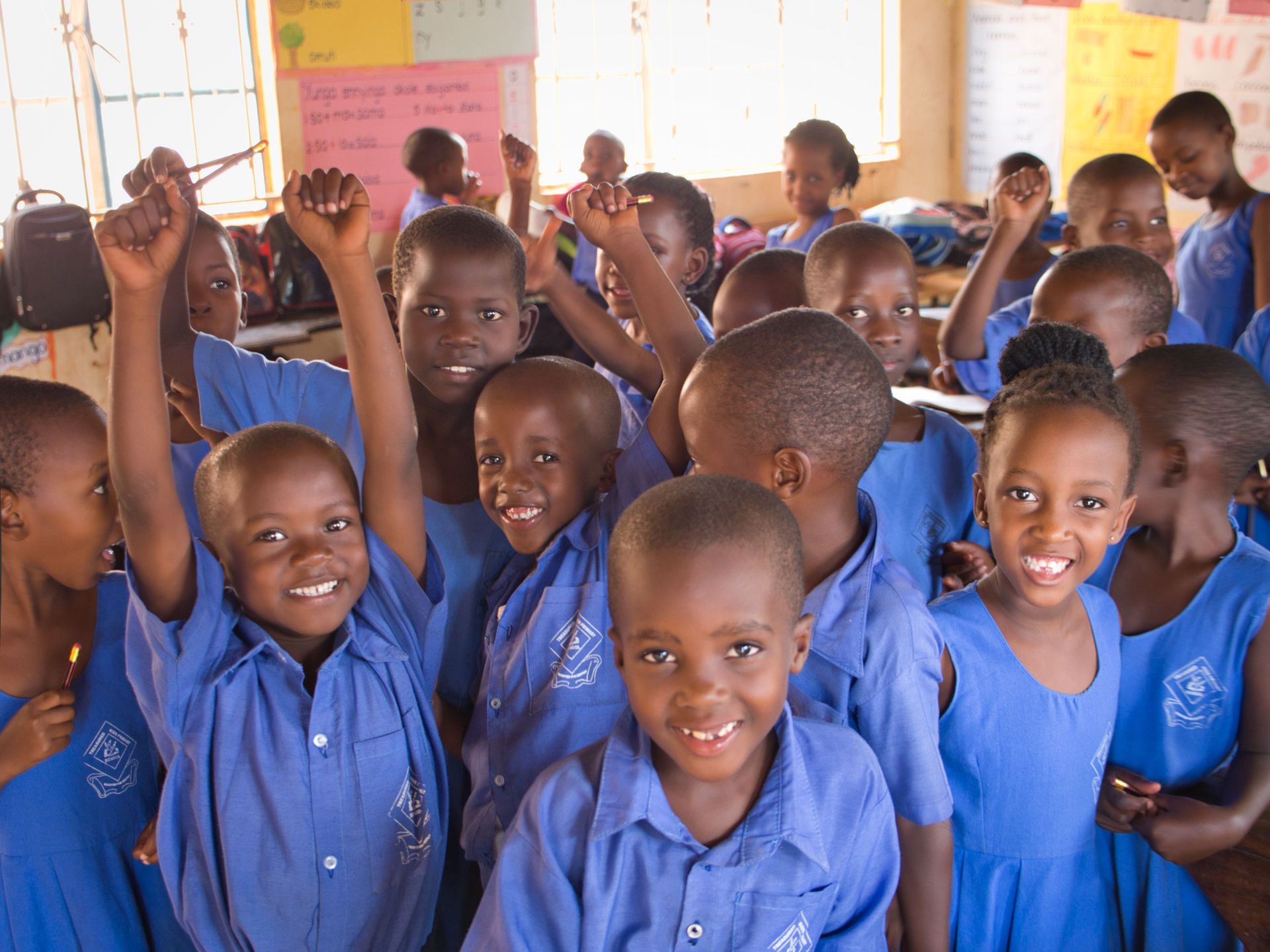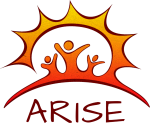Education in Uganda

Ugandans struggle to thrive in an environment lacking in effective social services such as healthcare and education. The government presents a facade of good governance by mimicking first-world legislation and practices, but corruption at almost every level robs the population of effective service delivery.
Education is a foundational component of any child’s personal growth. Unfortunately in Uganda, an education is not guaranteed to many children. Even those who receive a basic education are frequently subjected to archaic teaching methods and lack the resources they require to succeed.
40% of primary students do not continue their education. The average grade of a Primary school graduate is 58%
UWEZO, an NGO that has been monitoring student performance in basic academic skills, published that 19% of Ugandan students graduating from primary school (grade 7) cannot understand a grade 2 story written in English. In fact, 32% of these same students cannot understand a grade 2 story written in their own local language.
Uganda has essentially 3 categories of school:
- The first category are the government schools. These are the schools no-one wants to attend. The graduates generally have the poorest academic results, class sizes can reach 56 students to a single teacher, there are a substantial number of teaching staff who have no teaching credential, and teachers are not present 20-25% of the time.
- The second school category are the private schools that charge fees for their services and are run as a business. While results not outstanding, student outcomes increase in this category. These schools are generally run as for-profit businesses with a financial incentive to see students achieve, or they are run as a mission with a true desire to see children well educated.
- The third category of school are the International schools. These schools are well resourced with facilities and methods similar to first-world schools. Tuitions range along with the specific schools facilities and services but are often extremely high. With term tuitions ranging beyond $6000 USD, very few locals can afford these schools.
Arise believes that education is a pivotal component to the transformation of society. People with a poor education will struggle to provide for themselves and their families. Those with an effective education will thrive in any area of business and society.
Education alone however is not the answer. A knowledgeable individual with corrupt intentions will simply replicate many of the same traits that stop Ugandans from thriving today. Building good character is also required to create individuals who can bring a positive impact to society as a whole.
Intelligence plus character, that is the goal of true education.
By replacing the obsolete education system used by Uganda today, Arise will enable children to gain knowledge, build their capacity to learn throughout their lives, and become future-ready. By combining 21st century educational practices with experiential discipleship (mentoring) and nurture (emotional care), the next generation can become nation-changers and begin to influence Ugandan society.
To see how an Arise Education will implement each critical component and influence how education is provided in Uganda, please continue reading about the project on our web site or contact us.
Children Arise Ministries
6021 West Saanich RD,
Victoria, BC,
Canada, V9E-2G4
+1-888-855-0028
info@childrenarise.org
